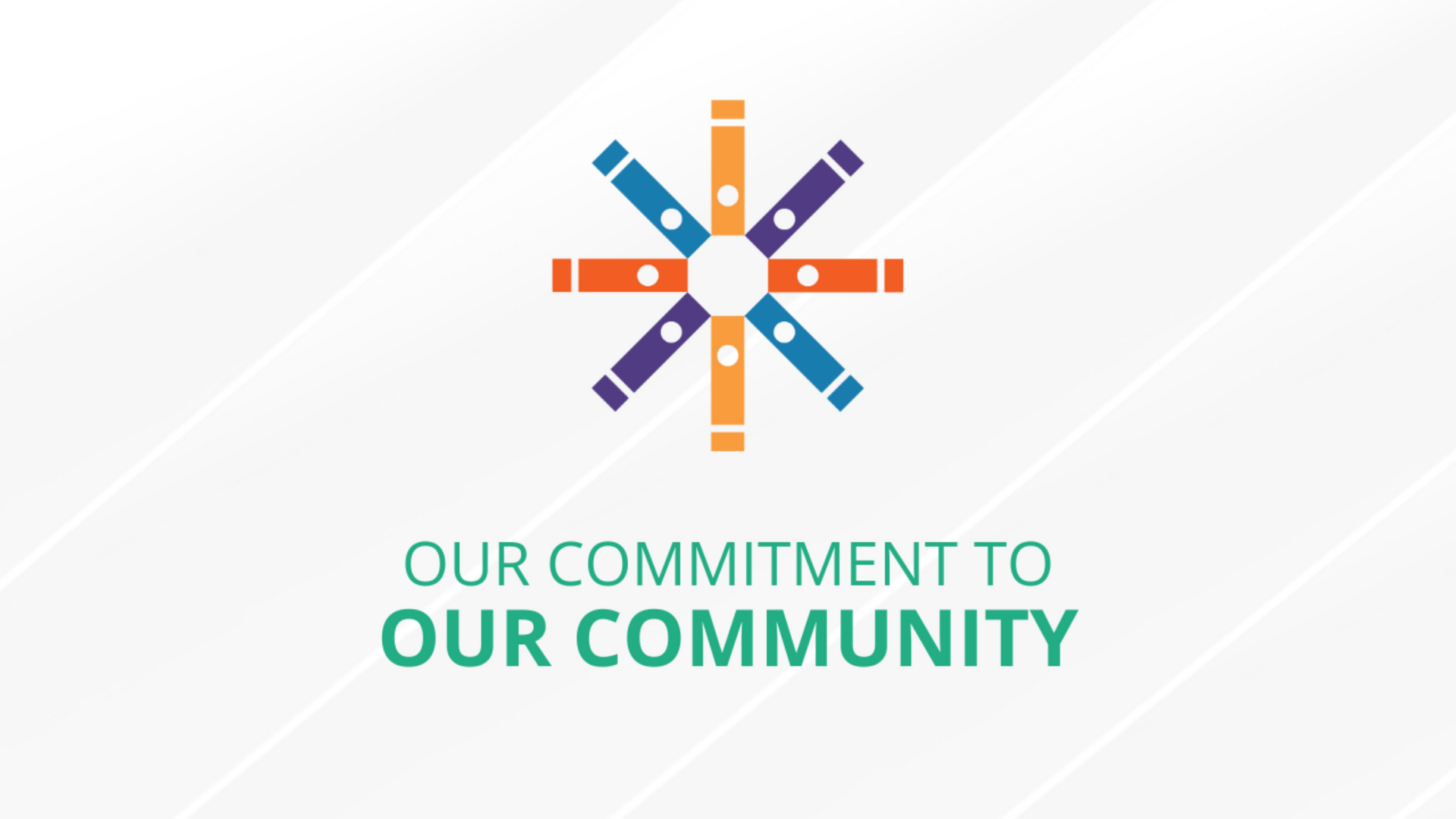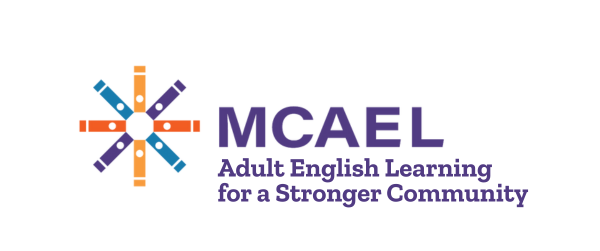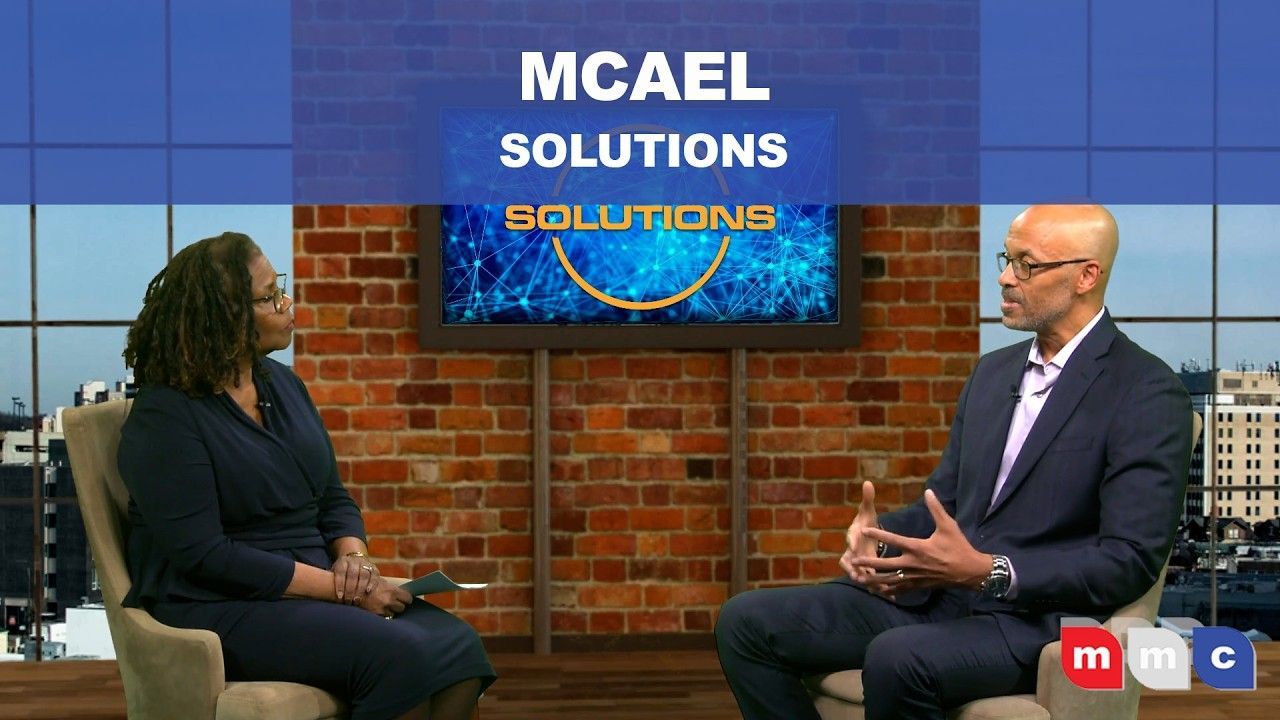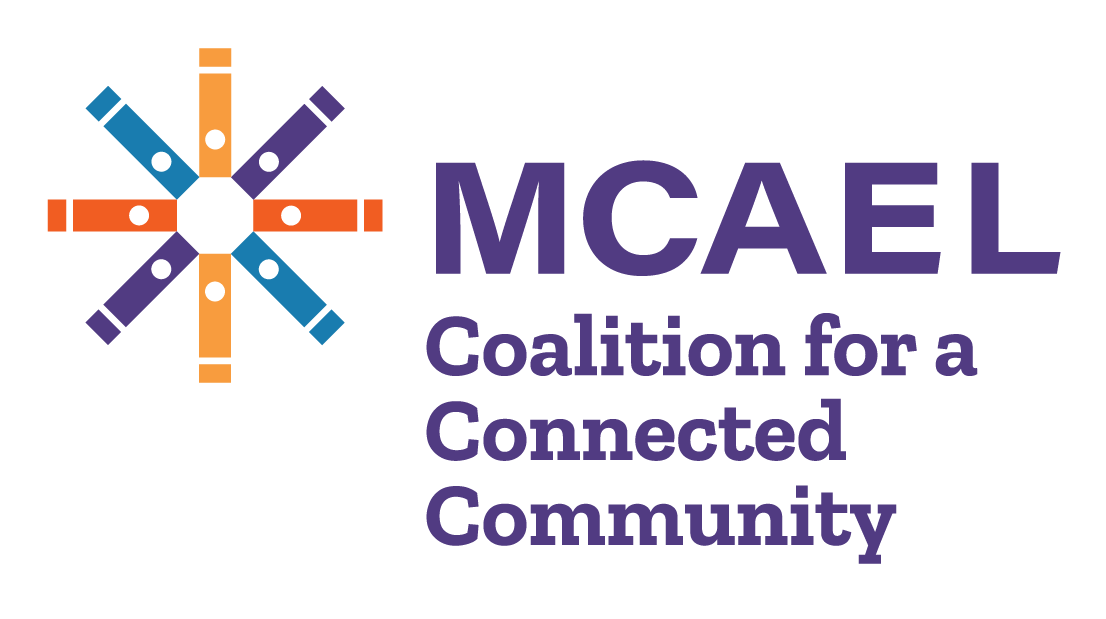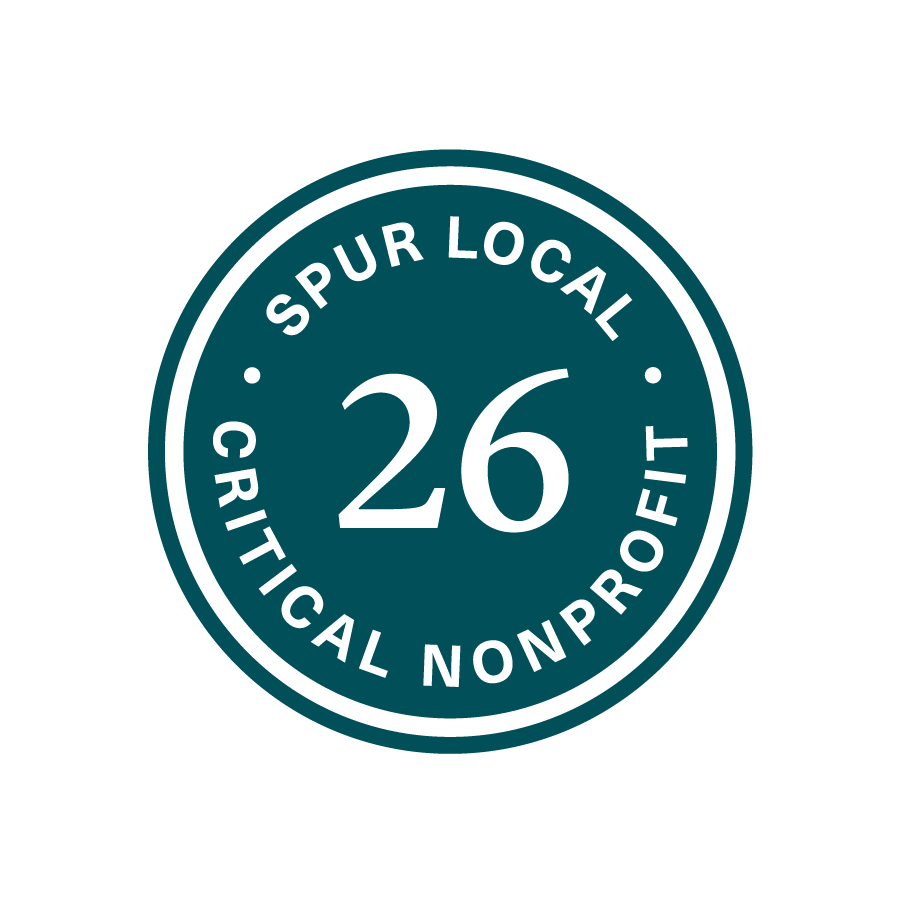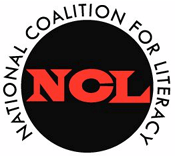Why I Teach A MCAEL Community Learning Group
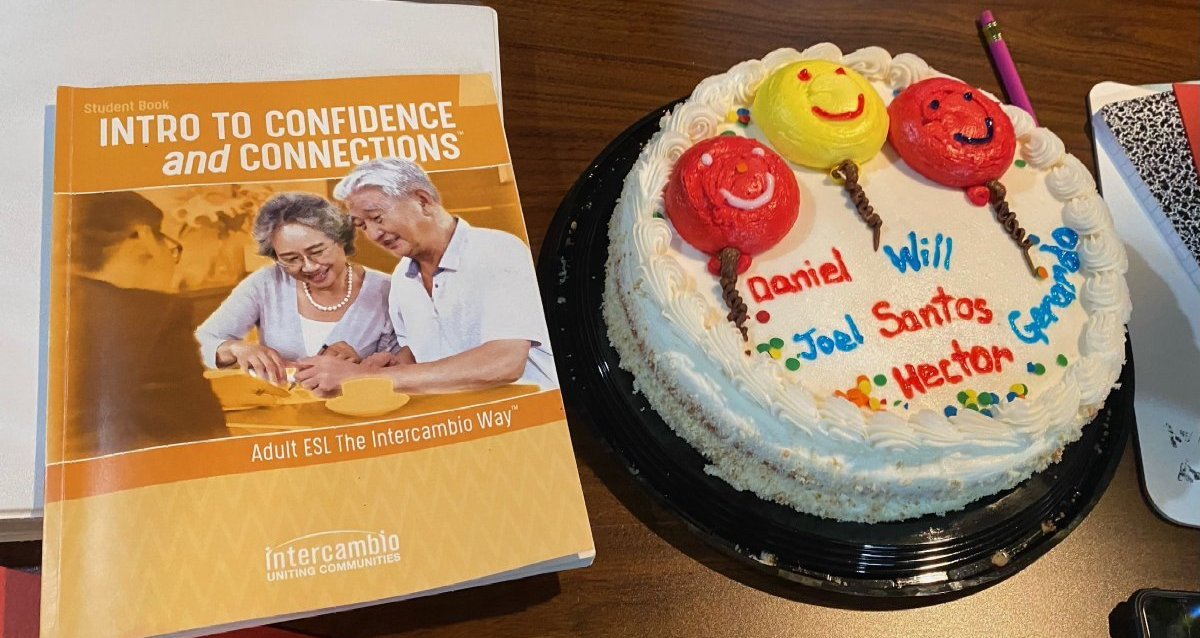
My journey as an ESOL instructor began in 2015 with tutoring citizenship students at Montgomery College where I also discovered the TESOL certification program. During the certification process, I quickly learned about MCAEL and subsequently found my first teaching position on the MCAEL job board and began teaching citizenship and advanced conversation at Briggs Center for Faith & Action for a couple years, including online during the pandemic.
In March 2022, I volunteered to facilitate a MCAEL Community Learning Group (or CLG) at a local landscape company. MCAEL conducted the initial assessment of the employees and then provided the books/curriculum (Intercambio “Confidence and Connections”), along with teacher support for me since I had not ever taught at the “basic” level.
This is one example of how MCAEL-sponsored CLGs can work in many different settings, including in the work place. Workplace ESOL classes empower the individual employees and benefit the company as a whole. And workplace classes are an excellent opportunity to reach adult learners who otherwise would not have the time for language learning. As the owner of the landscape company put it: “it wasn’t going to work to find a church or community center close to them because they work sometimes 8-12 hours a day doing landscaping.”
And this CLG has turned the employer’s “vision into a reality.” As the landscape owner/employer stated: “I wanted to be able to offer opportunities for my guys to learn English. I am so grateful to be able to pay each of them for three hours a week to sit in the office and learn English with such an amazing teacher as Stacy. She has been so generous with her time and the guys absolutely love her! I am beyond grateful to MCAEL and it gives me great joy to be a part of this process.”
As for the landscape employees/students in our CLG, they are quickly progressing through the “Introduction” book. In fact, the six men who attend class every Friday afternoon recently celebrated their 9 week milestone with great fanfare and discussion (using an interpreter to obtain feedback about the CLG):
Hector: “I’m remembering the English I learned 15 years ago more quickly with the classes.”
Geraldo: “I’m learning new vocabulary and how to say things correctly with the right sounds."
Santos: “Class has encouraged me to start using Duolingo again."
Will: “I’m learning lots of new words."
Daniel: “I’m learning how to enunciate words correctly that I didn’t even know I was saying wrong.”
Joel: “Before I came, I couldn’t even tell people where I was from; now I can say my name, my age, where I am from and so much more!”
I’m not sure who is more grateful for this CLG experience…the employer, the employees or me! But this CLG exemplifies the people, the power and the potential of MCAEL: propelling a community workforce to succeed through communication and learning together.
- Stacy Parkinson
Chair, MCAEL Board of Directors
